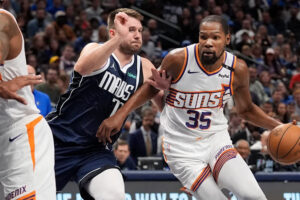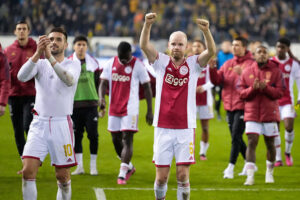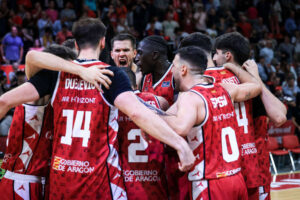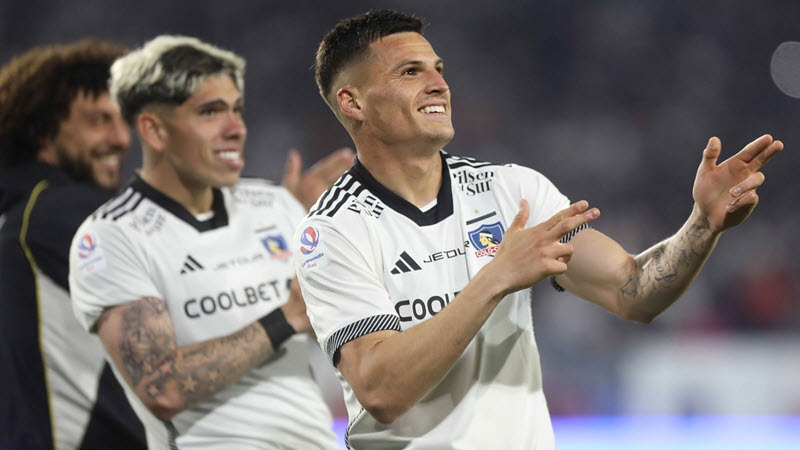Empty stands. Postponed matches. Football has suffered in its flesh some losses in the 2019-2020 season that reach some 2,000 million euros, according to the latest report by the consulting firm Deloitte, known as Money League.
But there is a section that has been resilient: that of the commercial exploitation of the club’s brand, which includes merchandising, licenses and sponsorship. Before the covid, these rights accounted for 40% of income, but their share has risen to almost half, to 46%, and in the largest clubs, which have an audience and brand appeal, that percentage shoots up to 49 %.
Likewise, its amount has remained practically unchanged, while the other branches of the football business were down. Commercial income has even risen slightly, reaching 3,770 million.
However, before the pandemic completely subsides, the football business (and sports in general) will have to redo the math. For example, it is difficult to get much more out of televisions, now that the audience is fragmented among many digital entertainment offerings. “Unless there is a change in competitive dynamics, mature domestic markets will in all likelihood have a difficult time achieving double-digit growth as in previous business cycles. We must discuss whether the major soccer leagues have reached the limit on broadcasting rights, “admits the aforementioned Deloitte study.
Valencia players during the celebration of a goal
Juan Carlos Cárdenas / EFE
In addition, the pandemic has accentuated inequalities in soccer. In terms of income between the first in the table (Barcelona, with 800 million euros per year) and number 20, for example, the difference in terms of income is almost four times. It is true that the business model is different, because the richest clubs depend less on televisions than the smaller ones.
Still, in sponsoring soccer, teams compete not only with each other but also with clubs from other sports that have global appeal (the NBA basketball league, for example). The sports entities that are more creative will be the ones best able to take advantage of this advertising investment, which is still afloat (and thus also to save their accounts).
Read also
Piergiorgio M. Sandri

Indeed, in the midst of the economic crisis, 49% of brands affirm that they will maintain or increase their investment in sports sponsorship, according to the latest edition of the Sports Sponsorship Barometer prepared by SPSG Consulting and presented this week. You have to take advantage.
“The duration of the sponsorship contracts is 2.3 years, therefore the impact of the covid is still not seen too much, although the pandemic will force companies and clubs to speak more and customize the strategy, especially in the digital channel” , explains Carlos Cantó, CEO of SPSG Consulting.
“The problem – he adds – is that it is very difficult right now for the passionate to be in front of a single big screen for ninety minutes. Companies are no longer interested in putting only four logos on a shirt, they will have to implement actions that have a legacy. Other formats beyond the party are also interesting, something that can be fitted into the broader category of sportsmanship”.
Because if it is true that the collateral effects of covid negatively impact the sports and sponsorship industry in particular at the level of physical experiences (such as events and hospitality) It is also true that they promote new opportunities in digitization and in activating sponsorship “with a social sense.”
The definitive empowerment of platforms streaming (both generic and specialized in sport) and social networks such as Twitter and Facebook, as well as the appearance of large aggregators, together with the increase in big data , gamification and the combination of virtual and augmented reality will be the key aspects in the coming years.
So that the football business and sports in general does not end up scoring an own goal.
of brands say they will maintain or increase their investment in sports sponsorship according to Spsg Consulting











